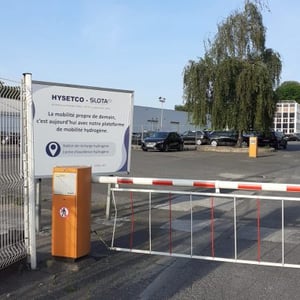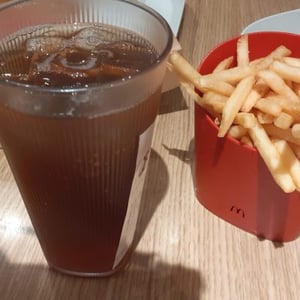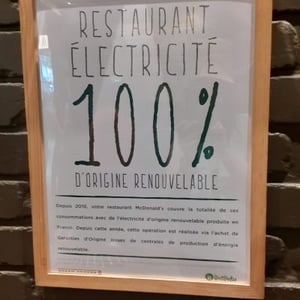A piece written by Chief Carbon Reduction Scientist, Dr. Torill Bigg, about her own personal experience regarding climate change.
WE ARE NOT DOING ENOUGH.
When I was 18 I went away to University. I went to read physics at Salford. I boarded the train in my home town and was waved off by my family and friends, and quite a bit of the street.
I was not a cliched student. My ambition was to gain a degree which led to meaningful work. I had to work to support myself and had no traditional family home to return to between terms or at Christmas. Like many others I do not recognise the student stereotype that is often portrayed.
Very soon after arriving I saw my first motorway. And I was horrified. The destruction of the Earth that I had heard of, that I believed we were fighting to prevent had already happened. Naturally I freaked out. My new boyfriend thought he’d better pull over as it was his car we were travelling in. He pulled over into a motorway service station. This was even worse. So much industrial destruction, neon lights, lorries, monolithic blocks of concrete.
I completed my year in physics and was awarded a university certificate in technological physics. This gave me an education in maths, electronics, computing and physics. Then I switched to a course that will allow much more of a vocational steer to environmental remediation.
My degree in biological and biochemical sciences allowed me to study environmentally friendly solutions for homes and wastewater treatment as well as medical biochemistry and physical chemistry. My final year research and dissertation in plant pathology gave me an understanding of the importance of biodiversity.
The many jobs I took to support myself through University and in the early years after gave me many skills and an understanding of business and industry. It also allowed me to identify my career path in innovative engineering directed at environmental remediation. This led to my PhD, and ultimately to becoming a chartered engineer.
30 years ago ecological homes with electricity generated by a wind turbine, with zero space heaters, with air pumps to keep the homes warm already existed. I did not run a car, I did not know how to drive, I did not take holidays, I had never been on a plane. I reused items, I did not consider any plastic items to be disposable. I have plastic straws and plastic cutlery which have been passed down for two generations. There is no reason why I cannot pass them down again to my own children. And none of this was out of virtue. It was really normal.
Over the past 30 years many believe we have been addressing environmental issues more and more. Yet it seems to me that the opposite is true. I have seen many impressive changes towards carbon reduction. Last week in Paris I followed President Macron’s call for an “end to unsustainable” plastic use, and new measures against plastic pollution. And I believe his administration is moving in the right direction. France has hydrogen taxis, hybrid public transport, 100% electric buses, trucks run on LPG, and reusable items in fast food restaurants. Even the McDonald’s on the champs Élysée uses 100% renewable electricity. I took a few pictures around the city to share with you.



But so much is wrong too. The adoption of carbon neutral and net zero carbon as part of consumerism is one example. It’s easy to sell yourself a dream that your flight is 100% offset. Even when the small print says ‘aside from carbon reduction already covered by government schemes’. And on the flight eco-friendly toys are sold made from plastic bottles. Despite the fact that the plastic is now non-recoverable and non-recyclable. It may also be that many don’t recognise the link between carbon reduction and reusable items instead of disposable ones. Ostensibly disposable plastic cutlery and plastic straws have been replaced by bamboo versions designed to be disposable. There is no evidence that the manufacture of bamboo-based versions of built-in disposability is more environmentally friendly than reusing the plastic versions where they already exist. We must consider the energy in the manufacture, change of land use in providing the bamboo, monocrop creation as well as collection and processing of the refuse, or recycling, created.
Most of the efforts on carbon reduction would seem to be aimed at maintaining quality of life at an unsustainable level by substituting alternatives that facilitate continuation of the status quo. You can still go to McDonald’s but you will have your nuggets and fries served in a reusable package. Plant-based meals have been pushed out in favour of heavily processed meat substitutes, where before we were able to obtain a vegetable, lentil or bean-based meal you can only get pretend chicken or pretend beef. Instead of eating a primary protein we are artificially creating a secondary protein, with all of the unnecessary expended energy and embodied carbon, for the processing machinery, that it entails.
Airlines sell us the dream of sustainable aviation fuel with 80% reduction in carbon emissions. This will allow flights to continue at the current level while additionally encouraging a monocrop, at the expense of biodiversity.
Without biodiversity we are equally as doomed as we will be if we do not act against the impact of global warming. And we cannot trade one for the other.

